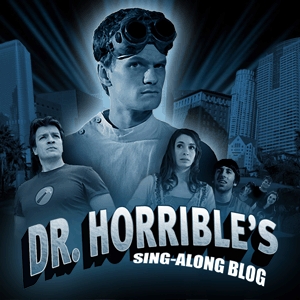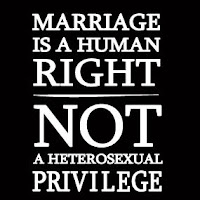 Thomas Hobbes: Born in England in 1588, Hobbes is most known today in the field of political philosophy for his book Leviathan and the social contract theory. He also believed that humans in their natural state are, at their core, selfish, but rational. So the social contract theory asserts that people enter into a contract with the government in which they will give up some of their natural rights in exchange for certain protections that are in their best interest.
Thomas Hobbes: Born in England in 1588, Hobbes is most known today in the field of political philosophy for his book Leviathan and the social contract theory. He also believed that humans in their natural state are, at their core, selfish, but rational. So the social contract theory asserts that people enter into a contract with the government in which they will give up some of their natural rights in exchange for certain protections that are in their best interest. John Locke: Locke is another English philosopher born after Hobbes in 1632, making him a younger contemporary. While also important to the social contract theory, Locke is also responsible for the theory that people are basically good in a natural state and it is entering into society that can corrupt them. It is his views whose influence can be best seen in our Constitution, and Locke's most renowned piece of work is Two Treatises on Government. Locke also believed the Law of Nature to be that one would not harm another based on the other's "life, health, liberty, or possessions." As part of his theories, too, Locke also believed that if people did not deem their government to be fit, it is their right to dissolve their social contract and reframe the government. (That should sound like a familiar justification.)
John Locke: Locke is another English philosopher born after Hobbes in 1632, making him a younger contemporary. While also important to the social contract theory, Locke is also responsible for the theory that people are basically good in a natural state and it is entering into society that can corrupt them. It is his views whose influence can be best seen in our Constitution, and Locke's most renowned piece of work is Two Treatises on Government. Locke also believed the Law of Nature to be that one would not harm another based on the other's "life, health, liberty, or possessions." As part of his theories, too, Locke also believed that if people did not deem their government to be fit, it is their right to dissolve their social contract and reframe the government. (That should sound like a familiar justification.) Jean-Jacques Rousseau: Born in Geneva in 1732, Rousseau was the last born of these three philosophers. He is well known for his theory of the "noble savage," which asserts man is happiest somewhere in between completely wild and completely civilized. His theory also states that we define who we are by what society thinks of us, and that we give up freedom and individuality in exchange for civilization. Rousseau also believed that in the event the government broke the social contract, the people had the right to tear it down.
Jean-Jacques Rousseau: Born in Geneva in 1732, Rousseau was the last born of these three philosophers. He is well known for his theory of the "noble savage," which asserts man is happiest somewhere in between completely wild and completely civilized. His theory also states that we define who we are by what society thinks of us, and that we give up freedom and individuality in exchange for civilization. Rousseau also believed that in the event the government broke the social contract, the people had the right to tear it down.These three men had ideals that gave the writers of the Constitution a basis for the laws and regulations written there. They're the reason we have the right to "life, liberty, and the pursuit of happiness," among other things.















